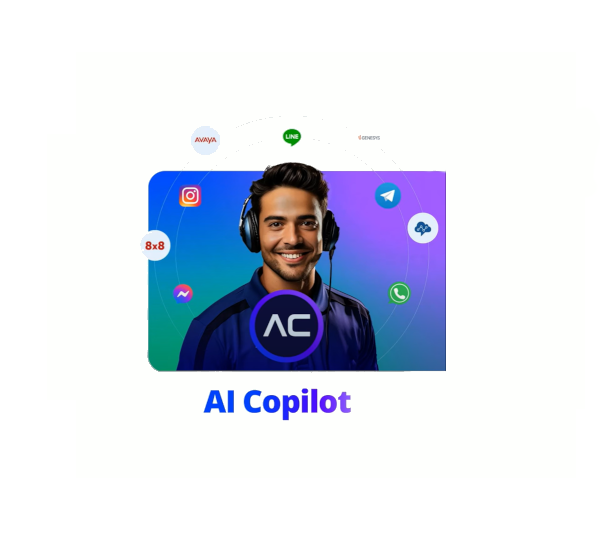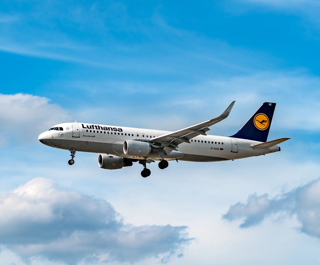The travel and leisure sector has necessarily transformed over the past two years in response to brutal restrictions, pressures, and complications related to the global pandemic. Better, faster, more compassionate customer service - or the lack of it - has separated viable companies from those which crumbled under the strain.
From airlines to hotels to travel agents and everything in between, the travel industry must continually evolve its approach to remain customer-centric while streamlining workflows, reducing costs, improving performance, and exploring new possibilities for customer interactions and loyalty.
Technology for 24x7 travel communications
Modern communications technology creates an enhanced customer experience 24x7, providing a way to reduce the backlog of calls or chat requests coming into a travel contact center. This can be accomplished with any of the following:
- Self-service options that can divert routine inquiries and direct customers to the desired answer via automation.
- Intelligent chatbots and virtual agents that can discern customer needs and provide answers that can be found in account or booking information.
- Conversational AI which can provide a front line of communication across voice and all digital channels that either resolves the customer’s query or swiftly directs it (and all relevant information) to the appropriate customer service representative (CSR).
With contactless service becoming the preferred option for many travelers, now is the ideal time to improve contact center agility and functionality by implementing conversational AI and automation. These technologies cut down on wait times for answers, relieve the overwhelming burden on CSRs, allow existing staff to do more, faster, and with high enjoyment of their jobs, and leave customers relieved and pleased with the speed and accuracy of responses.
Key areas for travel communications improvement
As travelers, long denied their desired experiences, line up to book hotels, schedule flights, and arrange car rentals and lodging, the amount of customer queries rises. With the travel industry still recovering from the hiatus, it’s expected that issues will arise. Flights may be changed or canceled, hotels may be overbooked, or reservations incorrectly entered, and the last thing a customer wants is to be stranded with little or no avenue for prompt communication.
Conversational Al and automation make it easier for customers to get the information they need, 24x7 and in multiple languages, without trying fruitlessly to get through on an overloaded customer service line, or waiting on hold while minutes tick by. Conversational AI-powered virtual agents chatbots can be utilized to respond instantly to customers and provide critical, up-to-date information on demand.
- DataArt notes that as many as half of travellers don’t really care if they deal with a human or an automated system as long as their questions are answered.
- 37% of consumers say they would actually prefer to interact with an intelligent chatbot for travel/hotel bookings.
- Booking.com revealed that 29% of global travellers say they would be comfortable letting a computer/AI help them plan their next trip.
Al won’t ever take over travel contact centers entirely, but conversational AI will be used to power customer interactions, even those which ultimately need the human touch to fully resolve. It is the way forward to delivering a self-service environment that also keeps customers loyal and coming back for more.
To learn more about Conversational AI read this guide for the Travel and Hospitality sector from market leaders Cognigy.

.png?width=60&height=60&name=AI%20Copilot%20logo%20(mega%20menu).png)




.png?width=600&height=600&name=Knowledge%20AI%20Feature%20image%20(2).png)













